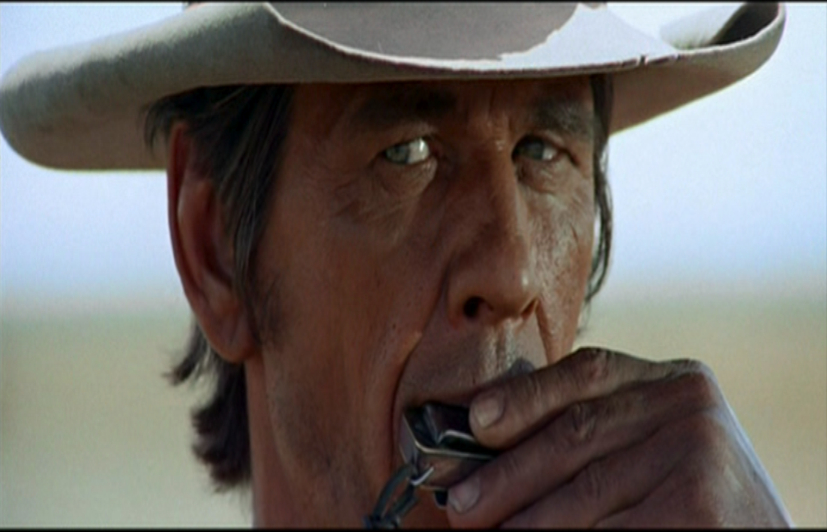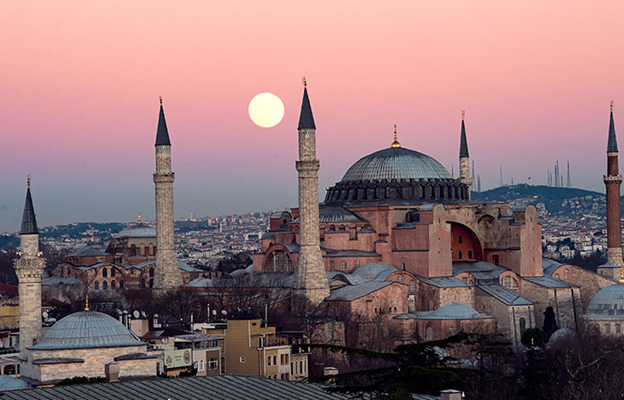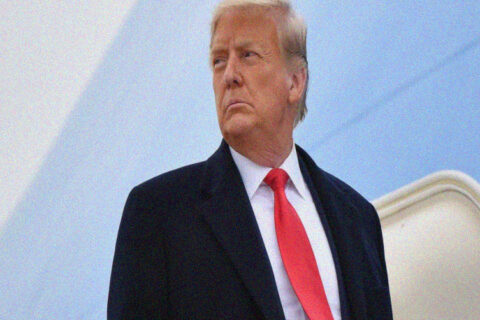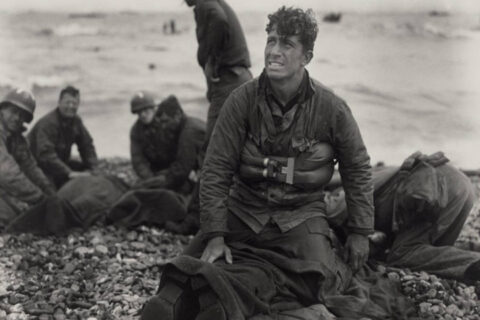Author’s Note: This is the third entry in a multipart series examining the decline of the American Empire and what it means for the world on a regional basis. This article will focus on Turkey.
Tukey is another nation where the future of American power is in grave jeopardy. Turkey is a long-standing U.S. ally and key member of NATO, but now this relationship is deeply strained. I see no way how Turkey remains in NATO in the future. From its very beginning, Turkey was an odd member of NATO, not being brought in so much because the U.S. had strong feelings for Turkey, as it did with the UK or France, but because keeping Turkey from turning “red” was essential in restraining the Soviet Union. As was mentioned in the section on Russia, Russia is a nation that suffers from a lack of ports. Its warm water ports are primarily along the Black Sea, which Turkey controls the entrance of. If the Soviet Union did not have control of the Turkish Straits, it would be severely limited in projecting its sea power in the Mediterranean.
Despite the efforts of generations of Turkish elites to turn Turkey into a Western nation, the average Turk remain(ed) firmly Islamic in his worldview. The fact that Western reforms were remotely successful is largely because of Mustafa Kemal Atatürk, but he was able to do this because, as the hero of the Battle of Gallipoli, Turkey was not completely dismantled after the Great War, and he was able reshape Turkish civilization in the post-Ottoman era. He was also the greatest driving force in the unexpected victory in the Turkish War of Independence; Turkey would be a rump state in central Anatolia had this war gone differently. Atatürk’s great skill, in both war and politics, gave him great leeway in reforming Turkey – drastic language reforms, secularism, naming customs, and more, but even he could go only so far. And even this other, older Turkey had to be suppressed militarily. The Turkish elite went along with these reforms in full force, but the average Turk was less impressed. They were Muslim and viewed themselves as part of a wider Islamic civilization, they were not Westerners (no matter what their rulers wanted).
And when men far less skilled than Atatürk took over Turkey, they had far less success. Turkey still remained secular, one of the chief accomplishments of Atatürk’s reign, because the military was given a heavy hand in staging a coup every time the government became too Islamic. Needless to say, “secular Turkey” never captured the hearts and minds of the average Turk. The elites’ failed plan to join the European Union created a strong backlash among the Turkish people. They saw it, and for good reason, as the elites trying to destroy Turkey in exchange for their personal enrichment. What is happening in Turkey today can only be comprehended by understanding how the Turkish elites tried to transform their country against the wishes of the population.
This is where Turkish President Recep Tayyip Erdogan comes in – a devout Muslim and a man of the Turkish core, rather than being from the more Western-focused elites. He has long been rumored to have had ties in his youth to the Grey Wolves, a Turkish nationalist organization with dreams of restoring the Ottoman Empire. Rebuking the pro-U.S. elites, Erdogan has taken Turkey in a far more Islamist direction. As has been mentioned, the Turkish military was a bastion of secularism in Turkey. It was the wall that protected secular Turkey. But, Erdogan worked to undermine this and, eventually, brought the secular military to heel.
In 2016, elements of the Turkish military attempted a coup on Erdogan to keep the country secular. It went badly, to say the least, and failed almost immediately. What is important here is that, while the earlier and successful coups were directed by the military’s top brass, this one originated from the middle ranking officer corps and had very little institutional support, clearly indicating that Erdogan worked to replace the high command with those loyal to him. I suspect that what remained of Turkey’s secular military realized what was going on and thought it was either now or never to keep Turkey from becoming Islamist and, in that panic, they acted before having everything planned out. But, I would not be surprised if Erdogan provoked the coup himself to see who was loyal to secular Turkey and who was loyal to Islamist Turkey, and then dealing with the former accordingly.
It was soon after this that Erdogan dropped all pretenses about his Islamist intentions, the most notable being turning the Hagia Sophia back into a mosque. It had been a museum since the end of the Ottoman Empire and its status as a museum was considered a symbol of post-Ottoman Turkey and the dedication of creating a secular state in the Islamic world. By turning it back into a mosque, Erdogan has put a stake in the ground and proudly proclaimed, “The secular experiment in Turkey is now over, Turkey will be Islamic as she is intended to be.” The efforts of the Turkish elites to create a new Turkey failed, Turkey is now firmly Muslim and will remain so for the foreseeable future. Considering the efforts to mold Turkey into a secular state in the first place, and the many times this experiment has failed, I have very little faith that a secular Turkey can recover.
All of this means that Turkey no longer fits within NATO. Of course, Erdogan is fine with this, he wants Turkey to be Turkish. He wants Turkey to be Islamic, not a puppet of the Western powers. Turkey will likely leave NATO soon, and if it does, the U.S. will be completely shutout of the Black Sea. If that comes to pass, the repercussions will be enormous. If Turkey aligns with Russia, it also means Russia has the one thing it has always wanted – unfettered access to the Mediterranean. Even if that does not happen, American influence in the region will be minimal. Greece will not turn to Russia and will now be surrounded by hostile powers, seriously restricting what remains of U.S. power in the region. Even more importantly, by losing authority over Anatolia, the American Empire’s control in the eastern Mediterranean will be greatly diminished. Relations between Greece and Turkey will potentially deteriorate and a war over Cyprus is likely.
And, there is the Middle East. The U.S. will lose its closest ally in the Islamic world, and that means what remains of the Empire’s ability to police the Middle East, already hanging on by a thread, is either on life support or completely decimated. From here, there is no serious way to restore it – as there is no desire for a strong presence in the Middle East from the American public (particularly, those under the age of 40), memories of the Iraq War are far too strong. Thus, as soon as Turkey goes, and it will sooner or later, the last vestige of U.S. power in the region goes with it. Now, we get to the single biggest repercussion of the loss of the Middle East, a nation that is not the U.S. will be in charge of stabilizing the region, and thus keeping the oil flowing. With the loss of oil control, the American Empire will be finished as the preeminent economic powerhouse and expect the dollar to be removed as the world’s reserve currency.







“All of this means that Turkey no longer fits within NATO.”
It never did. The North Atlantic (nations of Europe) Treaty Organization was all about stopping Stalinism from spreading to Wester Europe. Turkey has nothing to do with the North Atlantic, and the North Atlantic nations of Europe today are quite busy installing Stalinism THEMSELVES!!!, as fast as they can. So also the USA.
“With the loss of oil control, the American Empire will be finished as the preeminent economic powerhouse …”
One can hope.
However, the US can still heavily influence the oil market just by doing what Trump did, vis a vis oil. America can actually export oil, if it just disenfranchises Dems.